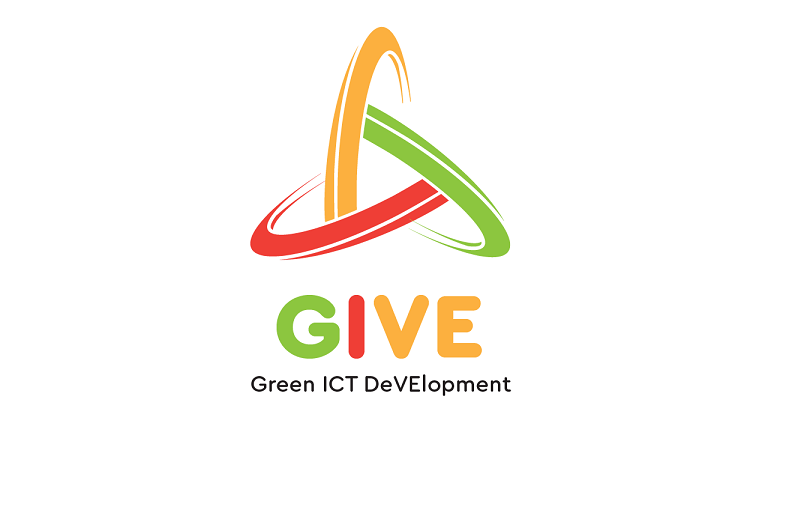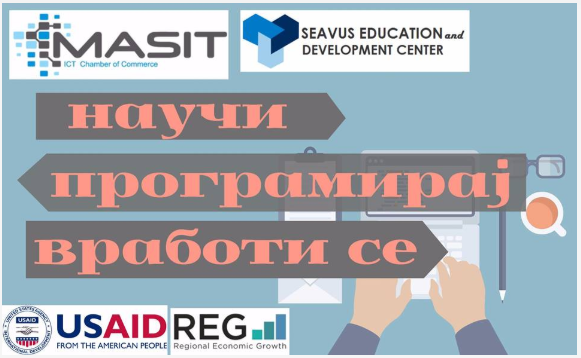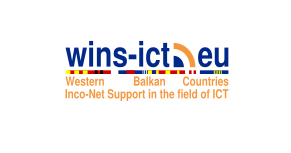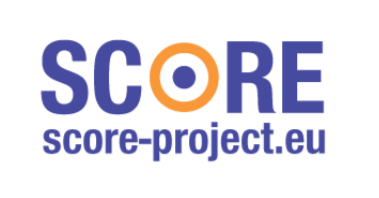In the period between April and September 2017, MASIT with the support of USAID / REG Project started working on a project for pre-qualification. It is a project for the pre-qualification of staff, which includes employed and unemployed persons, where the interested candidates have the opportunity to retrain in order to gain some other skills, knowledge and practical experience (beyond those already obtained) for IT profiles needed by ICT companies, which in future would potentially be employed by ICT companies. The ultimate goal of the project, and after the program visit, is to get people into ICT companies in junior or senior ICT programming positions. The pre-qualification program will last approximately 5 months, starting in April 2017. Through the pre-qualification process trainees will gain theoretical and practical knowledge through many hands-on activities, work on a specific project or case study that will be upgraded from subject to subject, but will also enrich their competencies with organizational culture and soft skills that will make them immediately ready for employment and productive engagement within IT companies. Based on the results of the questionnaire completed by thirty IT companies that are potential employers, two pre-qualification programs were selected that will produce, at present, two most attractive and most inefficient IT profiles: .NET Developer andFront End Web Developer. The pre-qualification program will be implemented in three phases, from April to September 2017. PARTNERS AND USERS: MASIT – MASIT will be responsible for coordinating the entire project and will be responsible for carrying out all activities as planned. MASIT will find a training provider, HR recruiter, and coordinate ICT companies for the purpose of executing the project. MASIT will also carry out all necessary public relations, marketing and project promotion activities in order to reach and inform as many potential applicants as possible. Seavus Educational and Development Center – Will be fully responsible for the topics and curricula of the training program as well as having relevant trainers for the identified profiles. The training provider prepares the program, the content, a clear specification of courses (courses) that will go into each of the two profiles; number (fund) of classes; list and CV of trainers and has a complete training facility / facility. Companies – MASIT member companies will be involved in this project in defining the content of the program and providing mentoring and internships for 1 – 3 months for selected participants. The companies will have the opportunity to offer the candidates who have undergone the trainings, immediately after the training, according to the need of the company. Program Participants – Program participants must have a minimum high school diploma, not older than 35 years, employed or unemployed, have the interest and predisposition to pursue a career in ICT. Potential candidates may also be graduates of any faculty other than electrical engineering. For non-IT candidates, the focus will be on people who are math and programming savvy and have a logical way of thinking. Unemployed candidates will have an advantage in the selection process. All interested participants can send their CV to contact@masit.org.mk by 21.04.2017.







